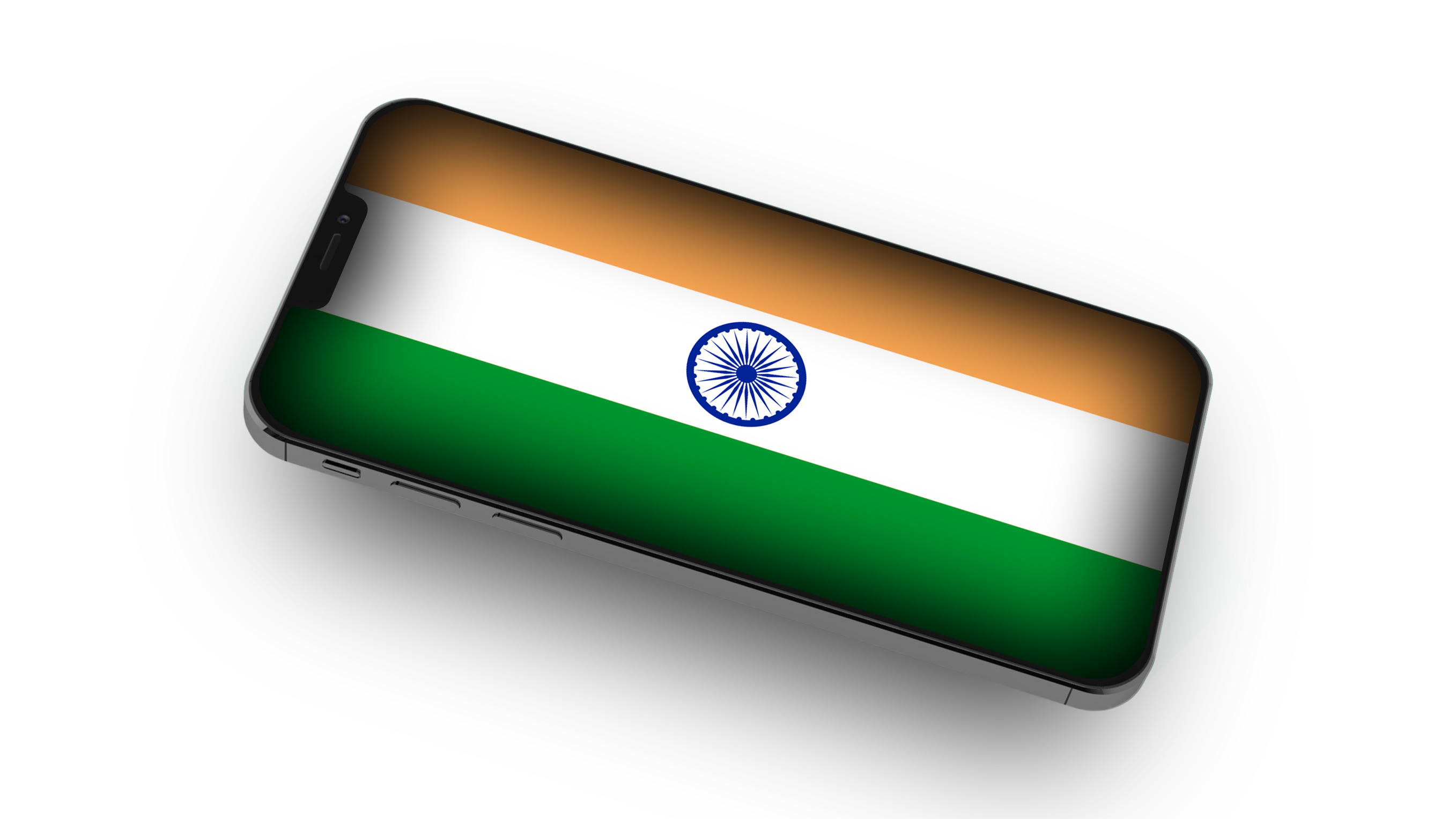Trump Tells Tim Cook to Stop Building iPhones in India
Trump's Plea to Apple: Halt Indian iPhone Production

Former President Donald Trump's intervention in Apple's manufacturing plans has thrown a wrench into the company's strategy. During a state visit to Qatar, Trump publicly revealed a conversation with Apple CEO Tim Cook, urging him to stop expanding iPhone production in India. This unexpected request threatens to disrupt Apple's significant efforts to diversify its manufacturing base away from China.
The Request and its Implications
According to a report by Bloomberg, Trump stated, "I had a little problem with Tim Cook yesterday. He is building all over India." He further explained his reasoning, claiming India offered Apple incredibly favorable tariff deals. Trump's perspective was that Apple had benefited from years of manufacturing in China and that he saw no reason for them to expand into India, suggesting India could manage its own affairs without Apple's investment.
"They [India] have offered us a deal where basically they have agreed to charge us literally no tariffs. I said 'Tim, we are treating you really good, we put up with all the plants you built in China for years. We are not interested in you building in India. India can take care of themselves'," Trump reportedly said.
Trump concluded by asserting that following their discussion, Apple would be increasing its production within the United States. The veracity of this claim remains unverified by Apple.
Apple's Growing Indian Footprint
Apple's investment in Indian manufacturing has been substantial. In the fiscal year ending March, iPhone production in India reached a staggering $22 billion, representing a nearly 60% increase year-over-year. This significant expansion underscores Apple's commitment to diversifying its manufacturing beyond China. Apple aimed to import most US-bound iPhones from India by the end of 2026, as reported by MacRumors. However, Trump's intervention casts doubt on this timeline.
Shifting Geopolitics and Manufacturing Strategy
Apple's move away from China has been a gradual but accelerating process. The initial impetus was the disruption caused by COVID-19 restrictions in China. This was further fueled by ongoing tensions between the US and China, particularly concerning Trump's fluctuating tariff policies. This shift reflects a broader trend among multinational corporations seeking to mitigate risk by diversifying their supply chains.
Major players in Apple's Indian manufacturing landscape include Foxconn, with a large assembly plant in southern India. Tata Group, a significant Indian conglomerate, also plays a crucial role, having acquired Wistron's local business and managing Pegatron's operations in the country.
Apple's Response and Future Plans
During Apple's recent earnings call, CEO Tim Cook addressed the company's evolving supply chain strategy. He emphasized the risks associated with concentrating manufacturing in a single location and highlighted Apple's ongoing efforts to diversify its sources of supply. Cook's statement suggests a continued focus on spreading manufacturing across multiple regions, despite Trump's intervention.
"What we learned some time ago, having everything in one location had too much risk with it. We have, over time, with certain parts of the supply chain, opened up new sources of supply. You could see that kind of thing continuing in the future," Cook stated.
The earnings call also showcased Apple's significant investments in the United States. Cook announced plans for a $500 billion investment over the next four years, with expansions planned across multiple states. A new advanced server manufacturing facility in Texas is scheduled to open later in the year. This demonstrates Apple's commitment to domestic production in the US, but it doesn't necessarily negate its plans for international diversification, including India.
Analysis and Conclusion
Trump's request to Apple presents a complex situation. While it highlights the political influence on global manufacturing decisions, it also underscores Apple's strategic diversification away from China. The long-term impact of Trump's intervention remains unclear. While Apple might adjust its strategies in response, it's unlikely to completely abandon its plans in India given the significant investment and potential for growth in the Indian market. The ongoing US-China trade relationship and broader geopolitical factors will continue to shape Apple's future manufacturing decisions. The balance between diversifying across multiple locations to mitigate risk and responding to political pressures will define Apple’s approach for years to come. Apple's commitment to its US operations, as evidenced by the $500 billion investment, is a separate but important factor in their decision-making process.
The situation underscores the intricate dance between multinational corporations and global politics. Apple's actions, or lack thereof, in response to Trump's request will be closely watched as a case study in navigating the complexities of international manufacturing and geopolitical realities.
This article, "Trump Tells Tim Cook to Stop Building iPhones in India" first appeared on MacRumors.com
Discuss this article in our forums
from MacRumors
-via DynaSage

